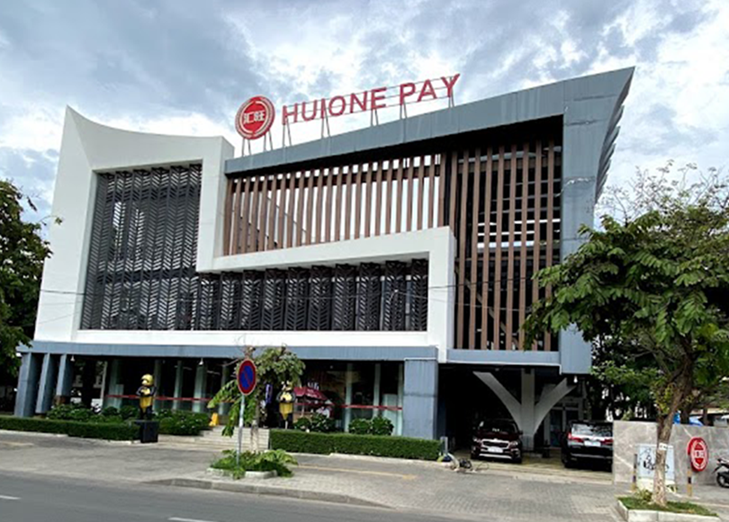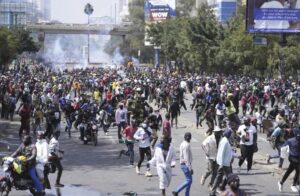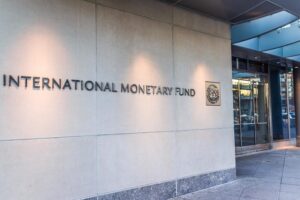In the shadowy world of cyber heists, an unexpected player has emerged: Huione Pay, a major Cambodian payments firm. The company found itself in the spotlight after receiving over $150,000 worth of cryptocurrency from a digital wallet linked to the notorious North Korean hacking group, Lazarus. This revelation offers a glimpse into the sophisticated methods these cybercriminals use to launder stolen funds in Southeast Asia, a region increasingly known for its unregulated crypto markets.
Based in Phnom Penh, Huione Pay provides currency conversion, payments, and remittance services. Between June 2023 and February 2024, the firm received crypto from an anonymous digital wallet. Blockchain analysts have traced this wallet back to Lazarus, which allegedly used it to funnel funds pilfered from three crypto companies through phishing attacks. The FBI has linked these heists to North Korea’s effort to fund its weapons programs, a strategy that leverages the anonymity and borderless nature of cryptocurrency to evade international sanctions.
Huione Pay’s board insists they were unaware of the illicit origins of these funds, citing multiple transactions that obscured the true source. They emphasized that the wallet in question was not under their control, a claim that highlights the inherent risks in dealing with digital currencies. Despite this, blockchain analysis tools could have flagged the high-risk wallet, suggesting a gap in Huione Pay’s compliance protocols. Interestingly, one of the company’s directors, Hun To, is a cousin of Cambodia’s Prime Minister, though he is not involved in daily operations.
The National Bank of Cambodia has reiterated its ban on crypto dealings by payment firms, citing risks such as volatility, cybercrime, and potential use for money laundering and terrorism financing. Despite this, the reality on the ground appears murkier, with Southeast Asia becoming a hotbed for high-tech money laundering and cybercrime. As global scrutiny intensifies, Cambodia’s central bank is working on regulations to curb illegal crypto activities, a move that could either reinforce the ban or introduce new complexities in the region’s fight against financial crime.
(Source: CoinDesk | Reuters)









